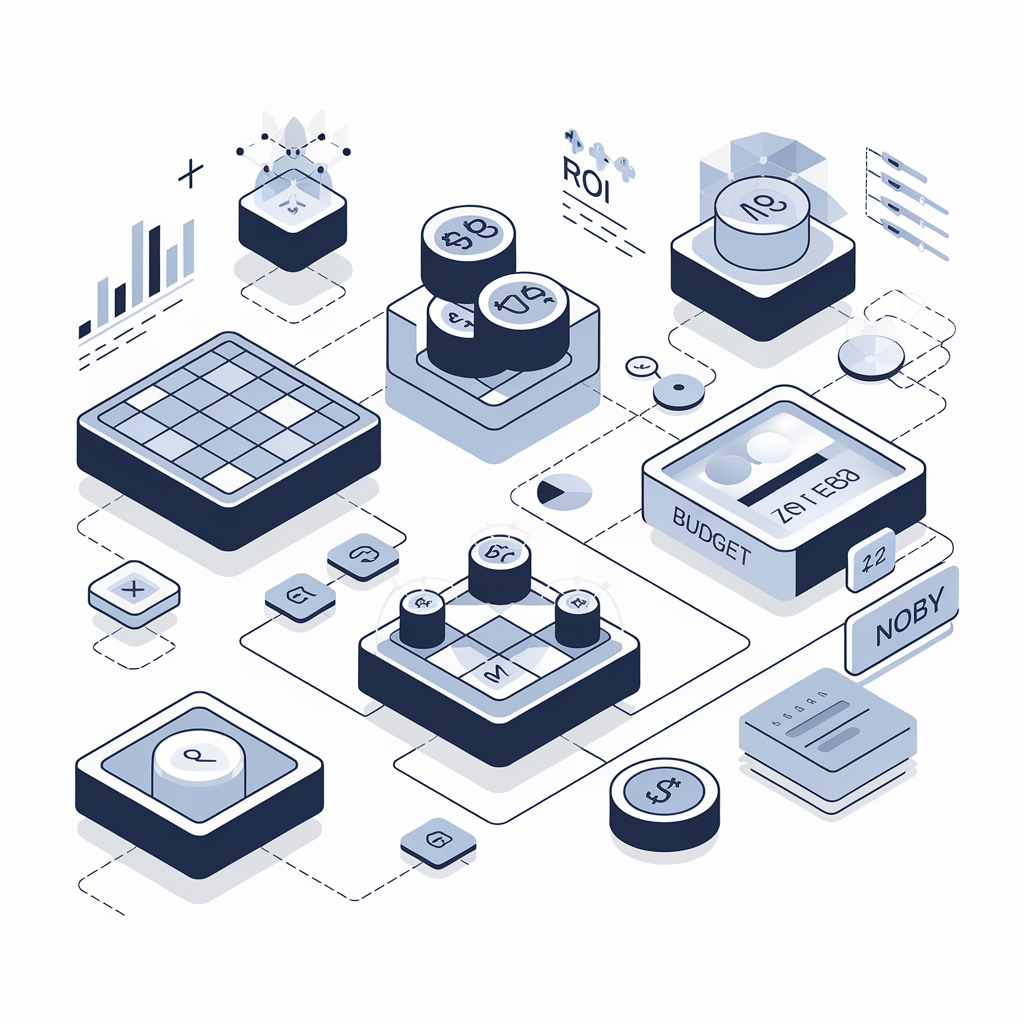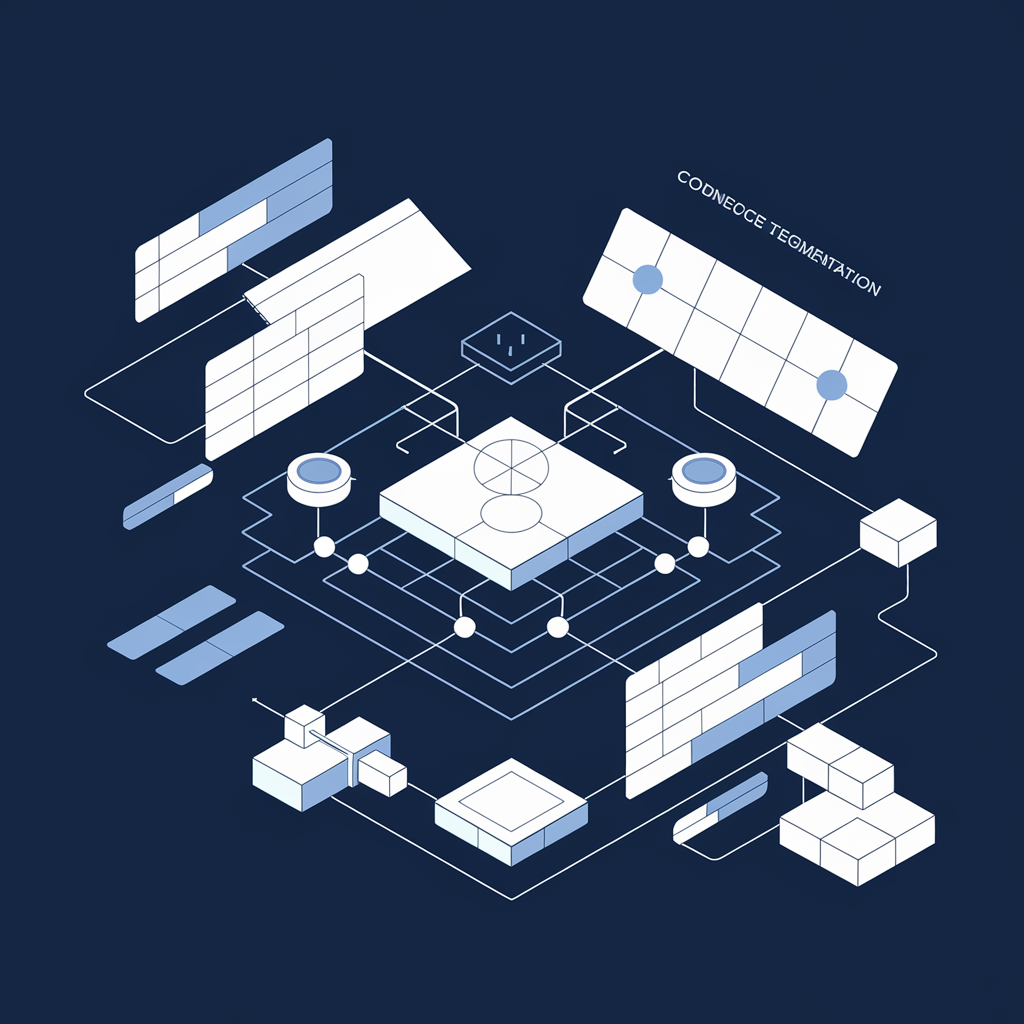Strategic PPC management that delivers measurable results and maximizes your advertising ROI.
Performance Marketing
Pay Per Click Advertising
Drive targeted traffic and measurable results with data-driven PPC campaigns. We manage your ad spend efficiently, focusing on ROI and continuous optimization.
Core Services
PPC Management
Campaign Strategy & Setup
Research-driven campaign creation with precise targeting, compelling ad copy, and conversion-focused landing pages.
Performance Optimization
Continuous monitoring and optimization of keywords, bids, and ad performance to improve ROI and reduce cost per conversion.
Analytics & Reporting
Detailed performance tracking and transparent reporting to measure campaign success and guide data-driven decisions.

Smart Placement Strategy.
Optimize ad placements across networks for maximum visibility and engagement.
Network-specific placement optimization
Device-based targeting refinement
Ad position analysis and adjustment
Placement exclusion management

Data-Driven Split Testing.
Continuous improvement through systematic A/B testing of ad elements.
Ad copy variation testing
Landing page optimization
Bidding strategy experiments
Audience segment testing

Performance Analytics.
Comprehensive analytics dashboard for deep campaign insights.
Real-time performance tracking
Custom report generation
ROI analysis tools
Conversion path analysis

Our dynamic catalog system automatically updates your product feed to match your inventory, ensuring your ads always show current items and prices. This real-time synchronization helps prevent advertising out-of-stock items and maintains accurate pricing across all campaigns.

Convert clicks into qualified leads with our advanced lead capture system. We implement conversion-optimized landing pages and forms that integrate seamlessly with your CRM. Track and nurture leads through your sales funnel with automated follow-up sequences.

Take full control of your ad spend with our comprehensive budget management system. Monitor costs in real-time, set intelligent bid adjustments, and optimize campaign budgets based on performance data to maximize your return on ad spend (ROAS).

Build and refine your target audiences with our sophisticated audience builder tool. Create custom segments based on demographics, interests, and behaviors. Use lookalike audiences to expand your reach while maintaining targeting precision.
Our Services
Maximize your digital advertising ROI with our comprehensive PPC services. Each solution is designed to deliver measurable results and long-term value.
- 01 Dynamic Catalog
- 02 Lead Capture
- 03 Spend Control
- 04 Audience Builder
FAQ.
Common questions aboutour PPC services.
What's included in your PPC management services?
Our PPC management services include keyword research, ad copywriting, campaign setup, bid management, A/B testing, conversion tracking, and detailed performance reporting. We handle everything from account setup to ongoing optimization.
How long does it take to see results from PPC campaigns?
Initial results can be seen within the first few days of launching campaigns. However, optimal performance is typically achieved after 2-3 months of testing and optimization as we gather data and refine targeting.
What platforms do you manage PPC campaigns on?
We manage campaigns across all major platforms including Google Ads, Microsoft Ads, Facebook Ads, Instagram, LinkedIn, and other social media platforms. Our strategy is tailored to your target audience and business goals.
How do you measure and report campaign performance?
We provide detailed monthly reports covering key metrics like impressions, clicks, conversions, cost per click, and return on ad spend. You'll also get access to a real-time dashboard and regular strategy calls with your account manager.